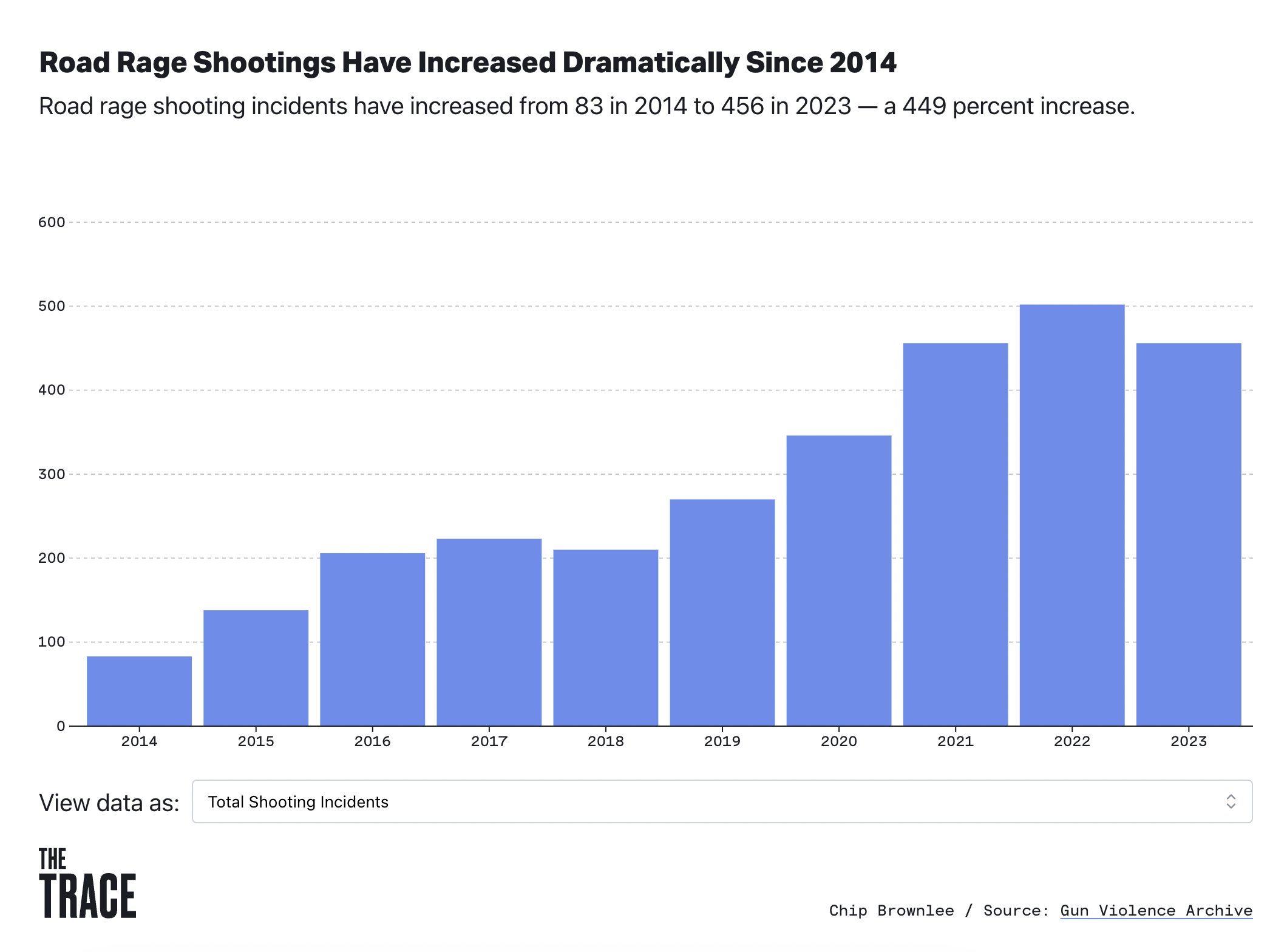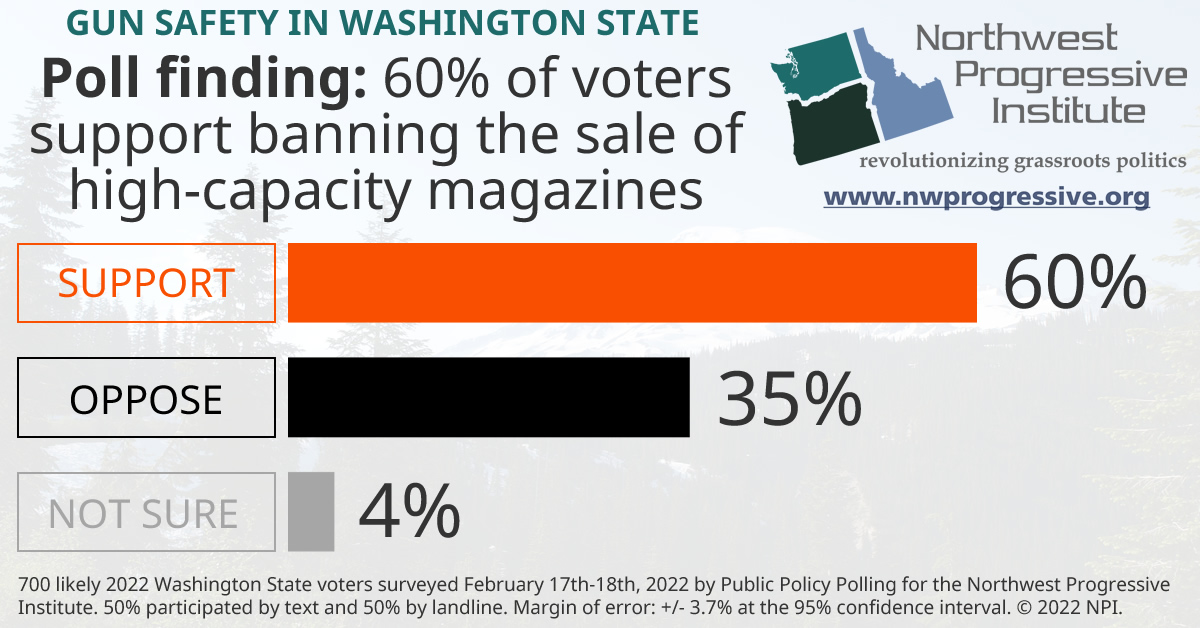
Photo Credit: Reviewed / Tara Jacoby
Home security systems are an excellent way to protect your loved ones and belongings from unwanted intruders. With a sophisticated security setup, you can ensure a sense of control, vigilance and assurance, allowing you to focus on the moments that truly matter. Privacy is a priority for most homeowners investing in smart home security devices, especially when it comes to worries about hacking or data theft.
Although beneficial, these devices raise other concerns. Can law enforcement legally capture and/or review your home surveillance video footage whenever they want? Would you even know if they did?
REQUESTING CLOUD VIDEO UNDER “EXIGENT CIRCUMSTANCES” EXCEPTION TO SEARCH WARRANT REQUIREMENT.
First, law enforcement may request cloud video footage in case of an emergency, better known as “Exigent Circumstances.” Here an “emergency” typically means a life-or-death situation or something else high-stakes, such as a kidnapping or a manhunt for a violent criminal.
Most security companies that offer video storage in North America will obey these emergency requests. Here’s an explanation from Google Nest on how it handles sharing user data with law enforcement. It also exlaines how it may try to narrow the scope of the request for user privacy, and how it may or may not let users know about the request. Security users may not know that their cloud videos were accessed by police.
“Before complying with a request, we make sure it follows the law and Nest’s policies,” the company says. “We notify users about legal demands, when appropriate, unless prohibited by law or court order. And if we think a request is overly broad, we’ll seek to narrow it.” ~Google Nest
In these situations, law enforcement contacts the cloud video management organization directly (usually your security brand like Arlo or Ring), and requests specific video footage from an area through channels set up to allow for such requests.
SEEKING A WARRANT FOR HOME SECURITY DEVICES
Another option police have to seize cam footage is via a warrant or similar court order. Warrants allow police to take home security devices and examine them, including any local storage that you have, so avoiding cloud storage won’t help very much.
Typically, warrants are granted only when police can provide some evidence that a crime may have been committed on the property. It depends on the court and judge where the warrant is requested, but granting warrants is common. The warrant then becomes active and has a specific scope for where and what it applies to (which is why you should always ask to view a warrant if law enforcement wants your security cameras).
Warrants raise a further important question: Will you get your home cam back if it’s seized during a legal search? That’s a subject of some deliberation, although it’s generally agreed from cases like these that the Fourth Amendment prevents law enforcement from holding onto digital devices or data indefinitely. Getting your camera back during a real-world seizure may not be so cut and dried.
REGISTERING SURVEILLANCE EQUIPMENT WITH LAW ENFORCEMENT AGENCIES
There’s an interesting third option for law enforcement that’s been growing in popularity, especially in certain cities and states where police departments are looking to tap into smart home tech. Home security owners can register their cameras and similar devices with local police departments, letting them know there is a device at a specific property that’s recording. We’re seeing programs like this everywhere from Buffalo, New York’s SafeCam to the Bay Area in California.
These programs vary, but there are several important points. First, this isn’t the same thing as registering an alarm system via a local permit, it’s specifically for video recording devices. Second, registering does not mean police can look through your cams or view any recorded footage. They know where registered residential cameras are, so they can request footage directly from participants with cameras near a crime, etc.
Finally, if you do grant permission to police to access a registered camera, they’ll be able to view and copy video images, which can be used as evidence in a criminal proceeding. Often, registration programs have requirements like banning you from sharing video with the media and other fine print. Keep in mind, police may still be able to seek a warrant to take cams and video footage if you deny a request via a registration program.
POSTING HOME SECURITY FOOTAGE ONLINE
A number of security brands offer ways to post videos online through things like the Ring Neighbors app, dedicated forums, social media groups and so on. If you post a video in a public space like this, even if you’re only asking for advice, then it’s fair game for law enforcement to use as well. Just this year, however, Ring decided to end its more liberal sharing program with police, limiting them to the life-or-death requests discussed above.
Please review my Search & Seizure Legal Guide and contact my office if you, a friend or family member are charged with a crime involving home security footage. Hiring an effective and competent defense attorney is the first and best step toward justice.















